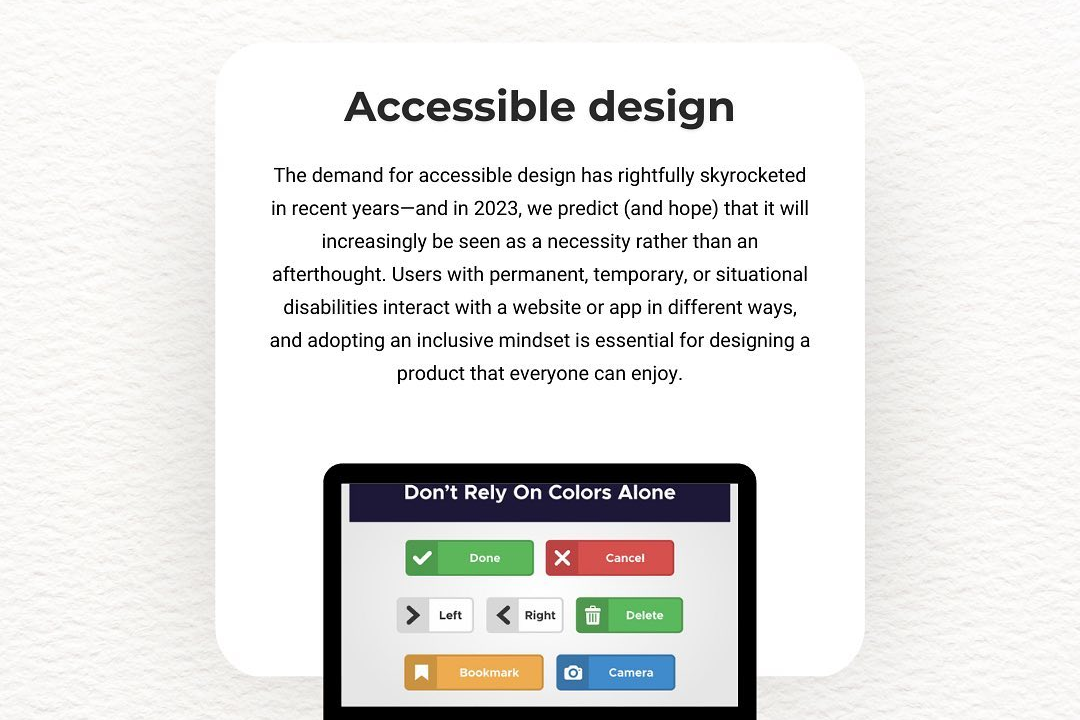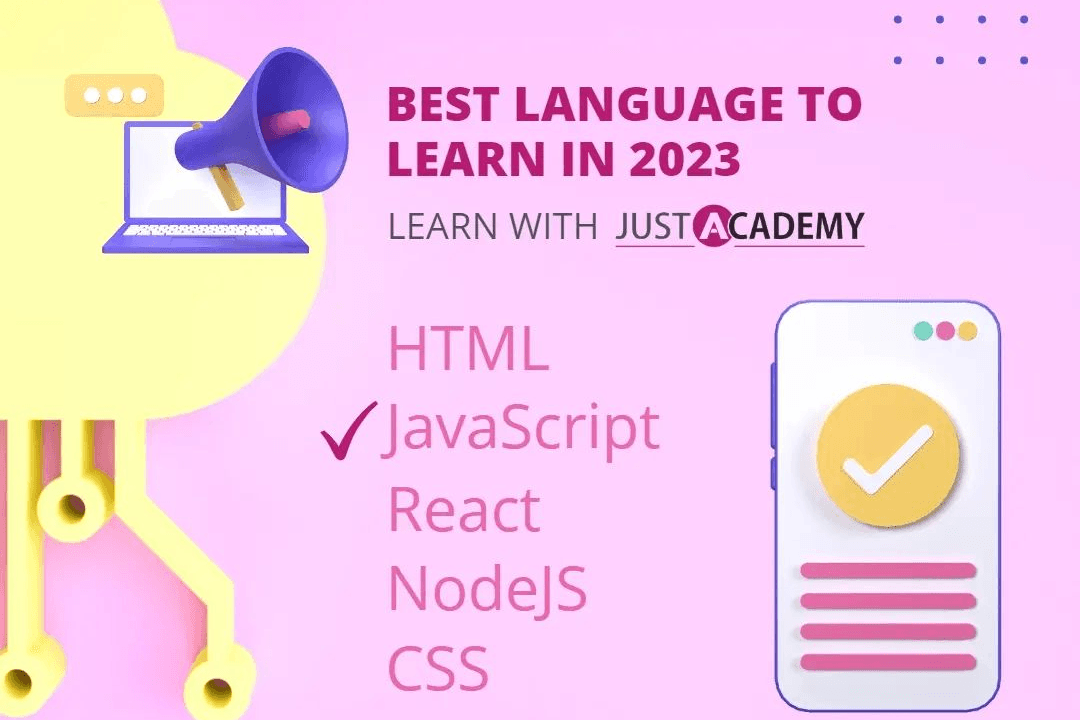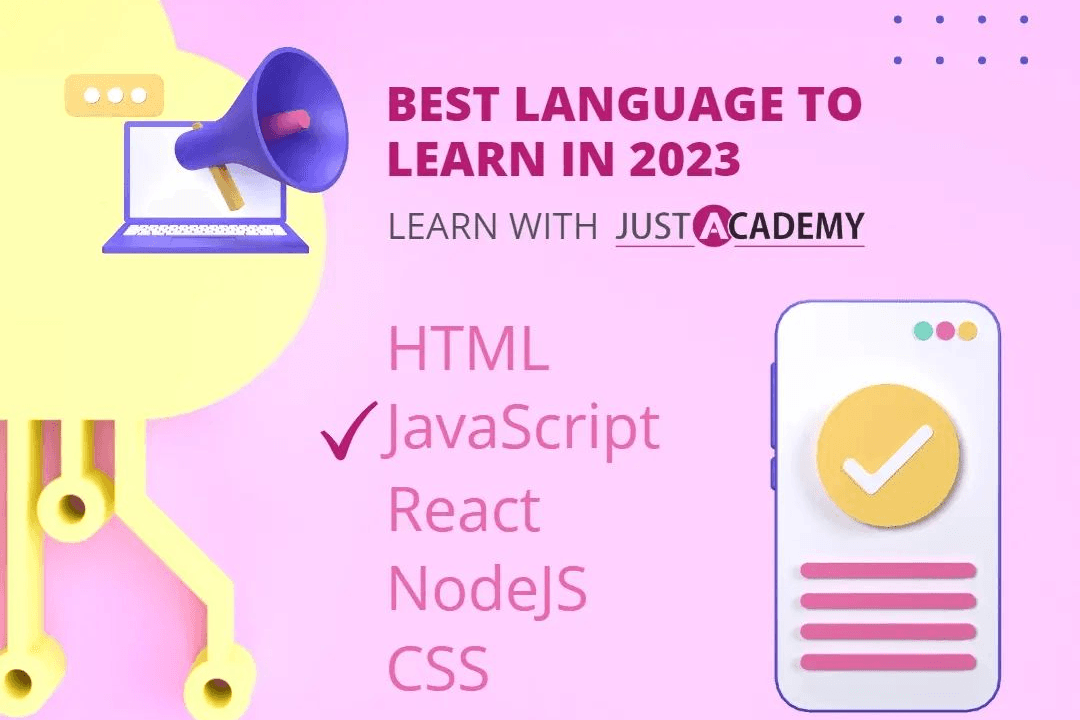For Loop Work Mathematica In Function Php Programming
In PHP programming, the for loop is a control structure used within functions to repeat a block of c
For Loop Work Mathematica In Function Php Programming
In PHP programming, the for loop within functions is a powerful tool that enables efficient handling of repetitive tasks by executing a block of code multiple times based on a specified condition. It is especially useful for iterating over arrays, performing calculations, or generating dynamic content dynamically within functions. By controlling the start, end, and incrementation of the loop, developers can write concise and optimized code that automates tasks, reduces redundancy, and enhances program readability and performance.
To Download Our Brochure: https://www.justacademy.co/download-brochure-for-free
Message us for more information: +91 9987184296
In PHP programming, the for loop within functions is a powerful tool that enables efficient handling of repetitive tasks by executing a block of code multiple times based on a specified condition. It is especially useful for iterating over arrays, performing calculations, or generating dynamic content dynamically within functions. By controlling the start, end, and incrementation of the loop, developers can write concise and optimized code that automates tasks, reduces redundancy, and enhances program readability and performance.
Course Overview
The ‘For Loop Work Mathematica in Function PHP Programming’ course offers a focused introduction to utilizing for loops within functions to automate repetitive tasks, handle data processing, and create dynamic scripts in PHP. It covers fundamental concepts, practical applications, and real-world examples to enhance coding efficiency and understanding of iterative processes in PHP development.
Course Description
The ‘For Loop Work Mathematica in Function PHP Programming’ course teaches how to effectively use for loops within PHP functions to automate tasks, process data, and build dynamic scripts. It covers fundamental concepts and practical examples to boost coding efficiency and understanding of iterative programming in PHP.
Key Features
1 - Comprehensive Tool Coverage: Provides hands-on training with a range of industry-standard testing tools, including Selenium, JIRA, LoadRunner, and TestRail.
2) Practical Exercises: Features real-world exercises and case studies to apply tools in various testing scenarios.
3) Interactive Learning: Includes interactive sessions with industry experts for personalized feedback and guidance.
4) Detailed Tutorials: Offers extensive tutorials and documentation on tool functionalities and best practices.
5) Advanced Techniques: Covers both fundamental and advanced techniques for using testing tools effectively.
6) Data Visualization: Integrates tools for visualizing test metrics and results, enhancing data interpretation and decision-making.
7) Tool Integration: Teaches how to integrate testing tools into the software development lifecycle for streamlined workflows.
8) Project-Based Learning: Focuses on project-based learning to build practical skills and create a portfolio of completed tasks.
9) Career Support: Provides resources and support for applying learned skills to real-world job scenarios, including resume building and interview preparation.
10) Up-to-Date Content: Ensures that course materials reflect the latest industry standards and tool updates.
Benefits of taking our course
Functional Tools
1 - PHP Integrated Development Environment (IDE): Using IDEs such as PhpStorm, Visual Studio Code, or Sublime Text provides students with a powerful platform for writing, testing, and debugging PHP code efficiently. These tools offer syntax highlighting, code completion, and error detection, which streamline the learning process and help students grasp the concepts of for loops and functions effectively. Enhanced debugging features in IDEs allow students to step through their code, identify logical errors, and understand the flow of execution within nested loops and functions, reinforcing their practical understanding.
2) XAMPP/WAMP Server: These lightweight, all in one servers enable students to set up a local PHP development environment quickly. By installing Apache, MySQL, and PHP on their systems, students can run their code in real time, observe outputs instantly, and experiment with looping constructs within functions without the need for complex server configurations. This hands on approach helps in understanding how PHP code interacts with server environments and databases, making learning practical and applicable.
3) Browser Developer Tools: Modern web browsers like Chrome, Firefox, or Edge come equipped with developer tools that aid students in testing and debugging their PHP applications. These tools allow students to view server responses, inspect network activity, and troubleshoot issues related to loop executions or function calls. Access to console logs and performance monitors enables learners to analyze the efficiency of their code, optimize for better runtime performance, and develop a mindset for writing clean, optimized PHP scripts.
4) Version Control Systems (Git): Introducing students to Git helps them manage their code versions effectively. With tools like GitHub or GitLab, students can track changes made to their scripts, collaborate with peers, and review their coding progress over time. Version control reinforces disciplined coding practices, especially when dealing with complex loop structures within functions, and prepares students for professional environments where code management is critical.
5) PHP Documentation and Online Resources: Comprehensive PHP documentation, tutorials, and coding examples available online serve as essential tools for students to understand the syntax, parameters, and best practices of for loops within functions. Websites like PHP.net, Stack Overflow, and specialized forums allow students to seek help, explore real world examples, and troubleshoot issues independently. Familiarity with these resources encourages self learning and problem solving, crucial skills for mastering complex programming topics.
6) Real Time Project Platforms: Platforms that simulate real world projects or facilitate collaborative coding enable students to implement for loops within functions practically. These tools provide scenarios where learners can apply their knowledge to solve problems, test their code's efficiency, and adapt their looping strategies based on project requirements. Engaging with such platforms enhances practical understanding, adaptability, and prepares students for industry standard development workflows.
7) Interactive Coding Platforms (e.g., Codecademy, LeetCode, HackerRank): These platforms offer hands on exercises specifically tailored to reinforce the understanding of for loops and functions in PHP. Students can write, test, and debug code directly within the browser, receiving instant feedback. Such interactive environments help solidify theoretical concepts through practical application, and challenge learners to solve increasingly complex problems involving nested loops and functional programming, boosting confidence and coding proficiency.
8) Code Review and Peer Collaboration Tools: Utilizing platforms like GitHub or Bitbucket for peer reviews encourages students to share their code snippets, receive constructive feedback, and learn different approaches to implementing for loops within functions. Collaborative coding sessions foster deeper comprehension of control flow, optimization techniques, and best practices in PHP programming, while also building teamwork skills essential for real world software development.
9) Debugging and Profiling Tools: Tools such as Xdebug or PHPProfiler assist students in analyzing how their nested loops and functions execute in real time. These tools visualize runtime behavior, reveal bottlenecks, and help optimize code performance. Learning to profile PHP scripts enables students to write more efficient code, understand resource utilization, and enhance their debugging skills, which are crucial for developing scalable and high performing applications.
10) Online Coding Competitions and Challenges: Participating in coding contests focused on PHP scripting promotes the practical application of for loops and functions under timed conditions. These challenges motivate students to develop efficient algorithms, improve problem solving skills, and experiment with advanced looping structures. Competing in such environments fosters a competitive spirit, resilience, and innovation, essential qualities for mastering complex programming concepts.
11 - Comprehensive Learning Modules and E books: Access to structured learning materials, including detailed tutorials and e books dedicated to PHP fundamentals, nested loops, and functions, provides students with reference points for deeper understanding. These resources often include code samples, best practices, and exercises that help learners internalize concepts and apply them confidently in project scenarios.
12) Practical Workshop Sessions and Webinars: Interactive workshops led by industry professionals focus on real world applications of PHP for loops and functions. These sessions often include live coding demonstrations, Q&A segments, and case studies, enabling students to see how these concepts are utilized in enterprise solutions. Such immersive experiences bridge the gap between theoretical knowledge and practical skills, preparing students for professional development.
13) Cloud Based IDEs and Sandboxes: Platforms like PHP Fiddle, Codeanywhere, or AWS Cloud9 let students experiment with PHP code in a cloud environment without setup hassles. They can write nested loops and functions, test their scripts, and observe results instantly. Access to cloud IDEs encourages experimentation, accelerates learning, and provides flexible learning environments accessible from anywhere.
14) Certified Course Programs: Our company offers comprehensive certification programs that include theory, hands on projects, quizzes, and assessments on for loops, functions, and nested structures in PHP. Earning certification validates proficiency, boosts career prospects, and demonstrates practical expertise to potential employers, reinforcing the importance of mastering these foundational concepts.
Browse our course links : https://www.justacademy.co/all-courses
To Join our FREE DEMO Session:
This information is sourced from JustAcademy
Contact Info:
Roshan Chaturvedi
Message us on Whatsapp: +91 9987184296
Email id: info@justacademy.co
Best Selenium Testing Training In Chennai












